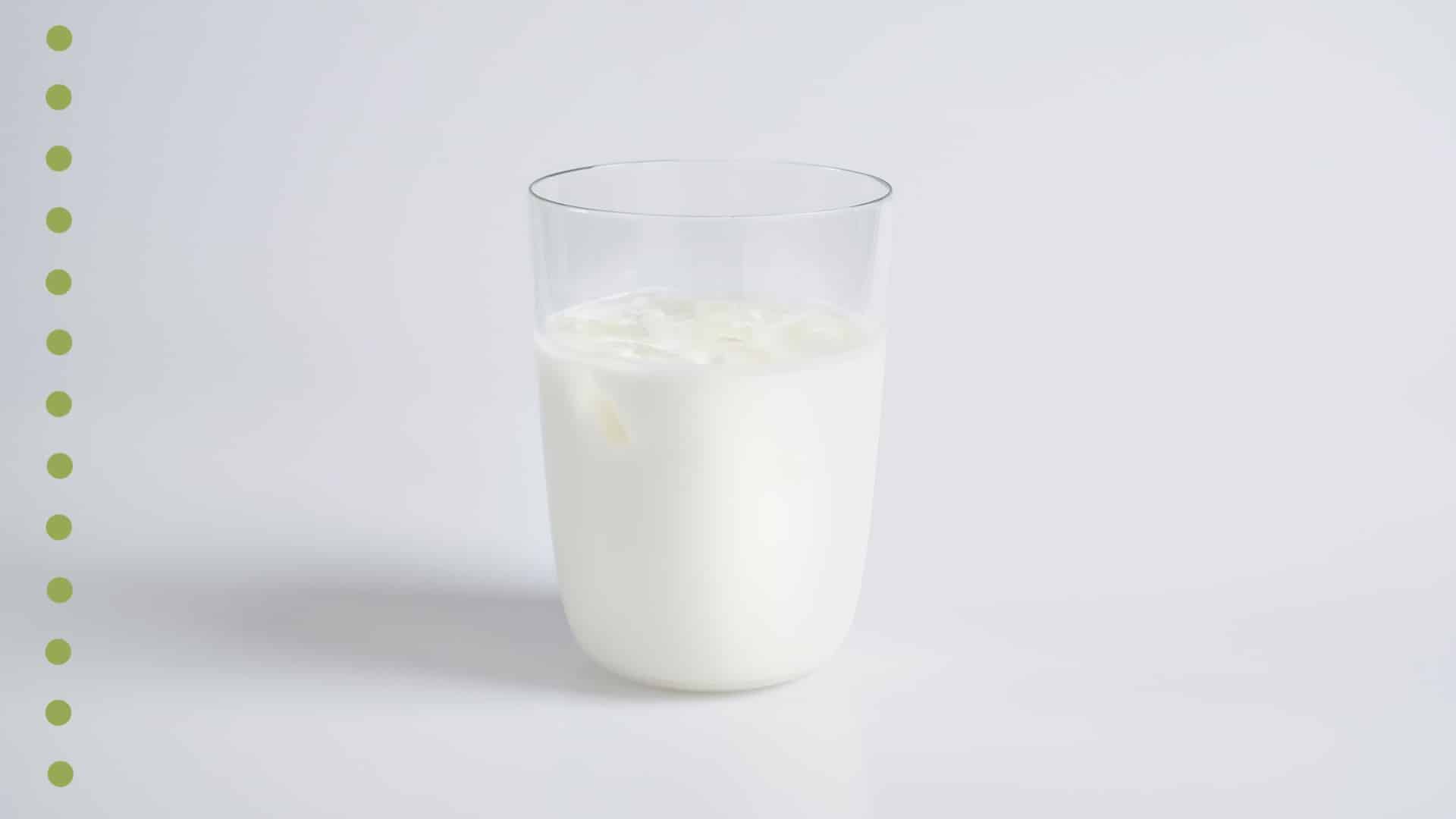What is calcium?
Calcium is the most abundant mineral in the body. It’s most often associated with healthy bones and teeth, although it also plays an important role in blood clotting, helping muscles to contract, and regulating normal heart rhythms and nerve functions. About 99% of the body’s calcium is stored in bones, and the remaining 1% is found in blood, muscle, and other tissues.
The body gets the calcium it needs in two ways. One is by eating foods or supplements that contain calcium, and the other is by drawing from calcium in the body. If one doesn’t eat enough calcium-containing foods, the body will remove calcium from bones. Vitamin D helps our body absorb calcium.
Calcium Benefits
- Builds and maintain strong bones
- Helps muscles contract
- Signals transmission in nerves
- Helps blood circulation
- Enables hormonal balance
- Improves cardiovascular health
- May reduce colorectal cancer risk
How much calcium do you need per day?
- Adult Women: 1,000 mg
- Adult Men: 1,000 mg
- Pregnant/Breastfeeding Women: 1,000 mg
Natural sources of calcium
- Dairy milk
- Cheese
- Yogurt
- Calcium-fortified plant-based milks (almond, soy, rice)
- Calcium-fortified orange juice
- Winter squash
- Edamame
- Tofu (made with calcium sulfate)
- Sardines
- Salmon (with bones)
- Almonds
- Leafy greens: collard, mustard, turnip, kale, bok choy, spinach
- Potatoes
Learn about calcium deficiency symptoms.
Further reading: Harvard School of Public Health, National Institutes of Health
